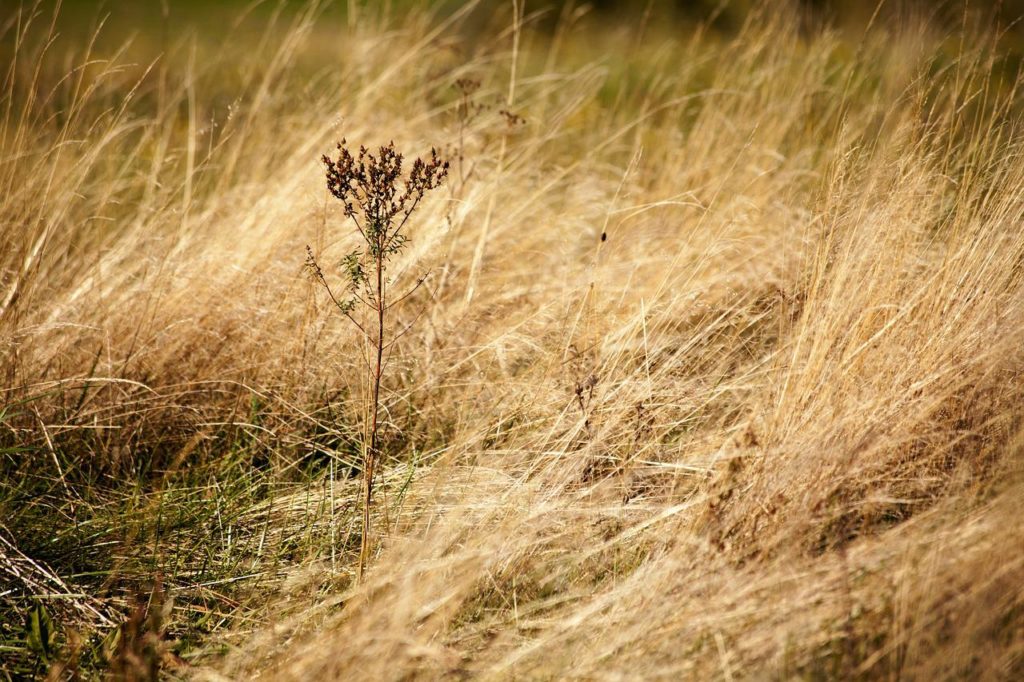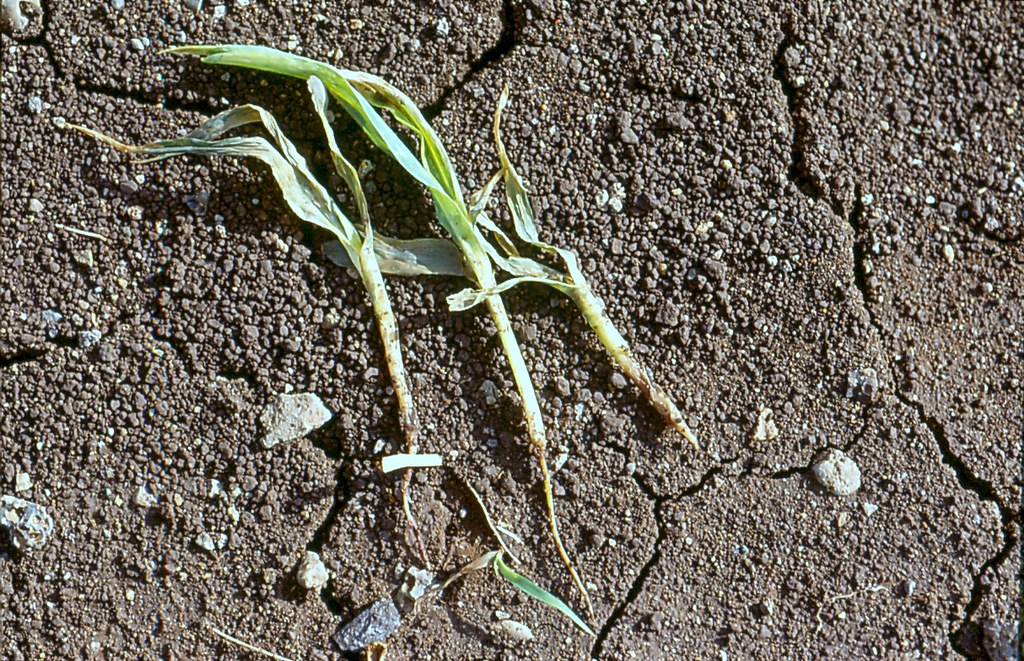Dealing with pests is one of the most challenging tasks for farmers and gardeners alike. Pests can cause serious damage to crops, leading to lower yields and reduced quality. Moreover, pest infestations can spread quickly, making it even more difficult to control them. Using pesticides is a common way to deal with pests, but it can be expensive, time-consuming, and dangerous. Therefore, finding ways to make pesticide use more efficient and effective is essential.
Mixing two different pesticides can be a smart and effective way to control multiple pests at the same time. For instance, if your crop is facing spider mites and powdery mildew, you can mix a pesticide that targets spider mites with another pesticide that controls powdery mildew. By doing so, you can save time and money by spraying only once while also addressing two different pests.
However, it is important to be cautious when mixing pesticides. Combining too many chemicals can lead to phytotoxicity, which can cause damage to the plant’s leaves or even kill the plant. It is recommended to mix no more than two pesticides together at the same time. Additionally, it is best to mix them in a bucket with water before pouring the mixture into the sprayer tank and adding the rest of the water necessary to cover the entire crop area.
In some cases, oils are added to pesticides to increase their lethality against insects. Special oils like Neem oil, Mineral oil, or Paraffinic oil can be used in combination with insecticides to improve their effectiveness. It is also acceptable to mix insecticides with fungicides or two different types of fungicides.
In summary, mixing two different pesticides can be an effective way to control multiple pests and save time and money. However, it is important to be cautious and avoid mixing too many chemicals together to prevent phytotoxicity. By following the proper procedures and guidelines, farmers and gardeners can more efficiently and effectively manage pests in their crops.










